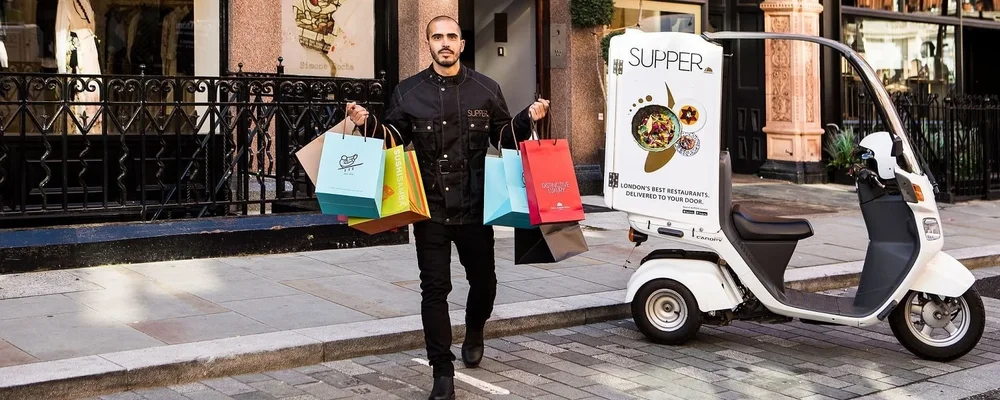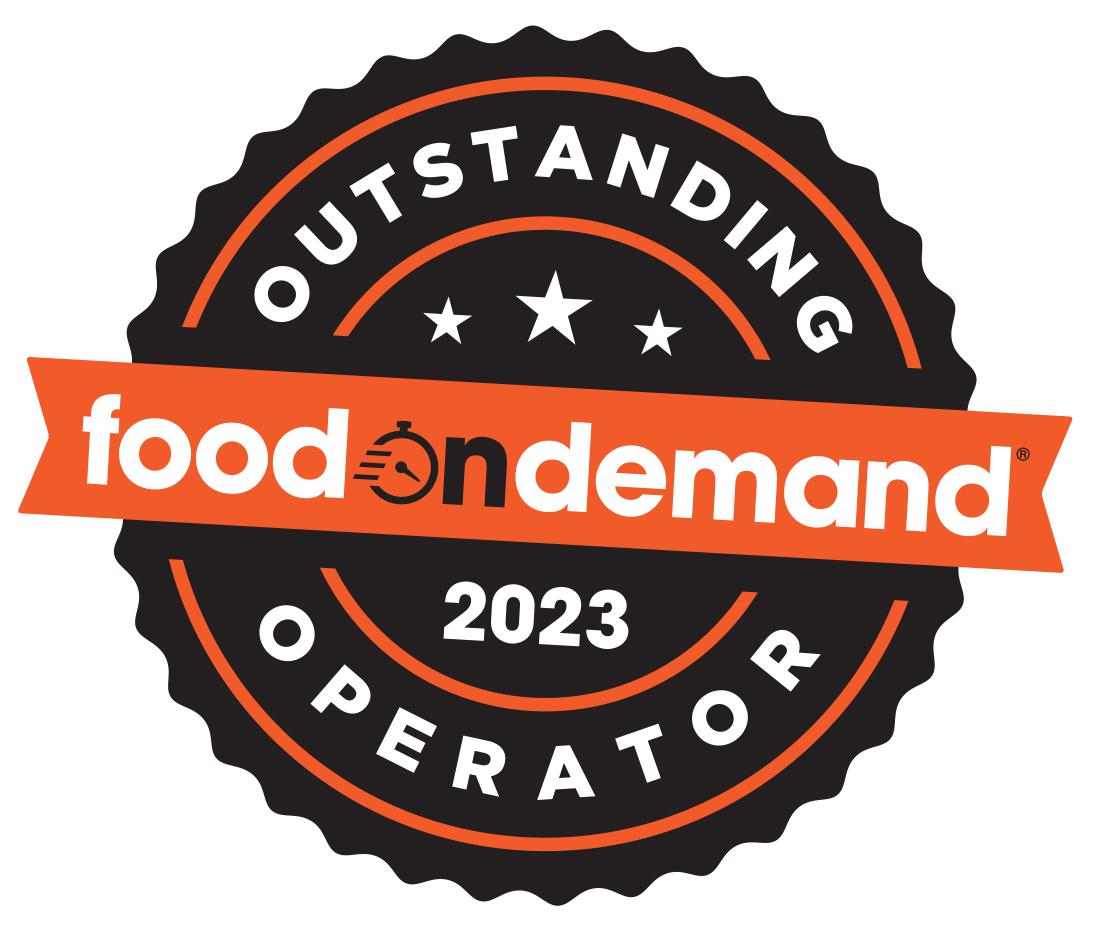Supper London founder Peter Georgiou said he had the idea for high-end food delivery after an unpleasant experience ordering delivery from “a top London restaurant.” In an interview with the U.K. publication The Evening Standard, he said he put together a scheme to have food from Nobu delivered via taxi cab. It “arrived late and damaged.” Having just returned from New York City, where professional food delivery services were flourishing, he knew there had to be a better way.
Georgiou, a former bond trader, launched the service in 2015. “We were doing well before the pandemic hit,” he said, but as dining rooms closed, Supper became more important to its clients. “We provided our restaurant partners with a vital revenue channel to reach their clients and a huge increase in bookings.” Suddenly, restaurants were chasing Supper. Per The Evening Standard, total order volume was £10.5 million in 2021.
To attract clients, Georgiou said he pitched Supper as an extension of a restaurant’s luxury brand. The food would arrive “promptly and in perfect condition,” and the staff would “deliver brilliant customer service to elevate the delivery experience.” Key partners include Fortnum & Mason, Nobu and China Tang, he said.
As such, Supper’s business model is different from a traditional delivery service, which relies on an army of contract workers driving personal vehicles. Supper’s drivers are uniformed employees with comparatively generous benefits and a pension, and use motorbikes supplied by the company.
The bikes feature a temperature-controlled and “gyroscopically stabilized” food container. “As a keen bike owner myself, I knew that any item connected to the back wheel is subjected to impact from the road,” Georgiou explained. The result: an error rate of “1 in 48.”
Georgiou told The Evening Standard that “lots” of orders on the platform are £1,000 or more. Popular dishes include truffle pizza from Jean-Georges, crispy beef from Mr Chow and black cod from Nobu (the dish Georgiou had delivered by taxi).
Delivery service is limited to a three-mile radius around partner restaurants in London’s Zone 1. The radius is intentionally small to ensure “dishes are only in transit for short periods of time to maintain their quality,” said Georgiou. The company is looking to expand its service across London, and Georgiou mentioned the potential to serve luxury retailers, as well.
Like more conventional delivery providers, Supper makes money on both ends, charging a commission to restaurants and delivery fee to customers. The model is profitable on a “per-order basis,” Georgiou said. The company recently raised £2.4 million in equity and debt, led by Growthdeck, a private investment platform. The terms of the Growthdeck investment imply a valuation of more than £22 million.
Georgiou hinted at international expansion in the future. “Ultimately, our vision is for Supper to become similar to the global private members’ clubs by offering our customers the convenience and delights of our service in the world’s most international cities.” He identified the United States and the Middle East as potential expansion areas.
A quick review of Michelin star restaurants in New York City shows that delivery is rare, but not unheard of. Marea, an Italian seafood restaurant with one star, is on DoorDash’s Caviar platform.




